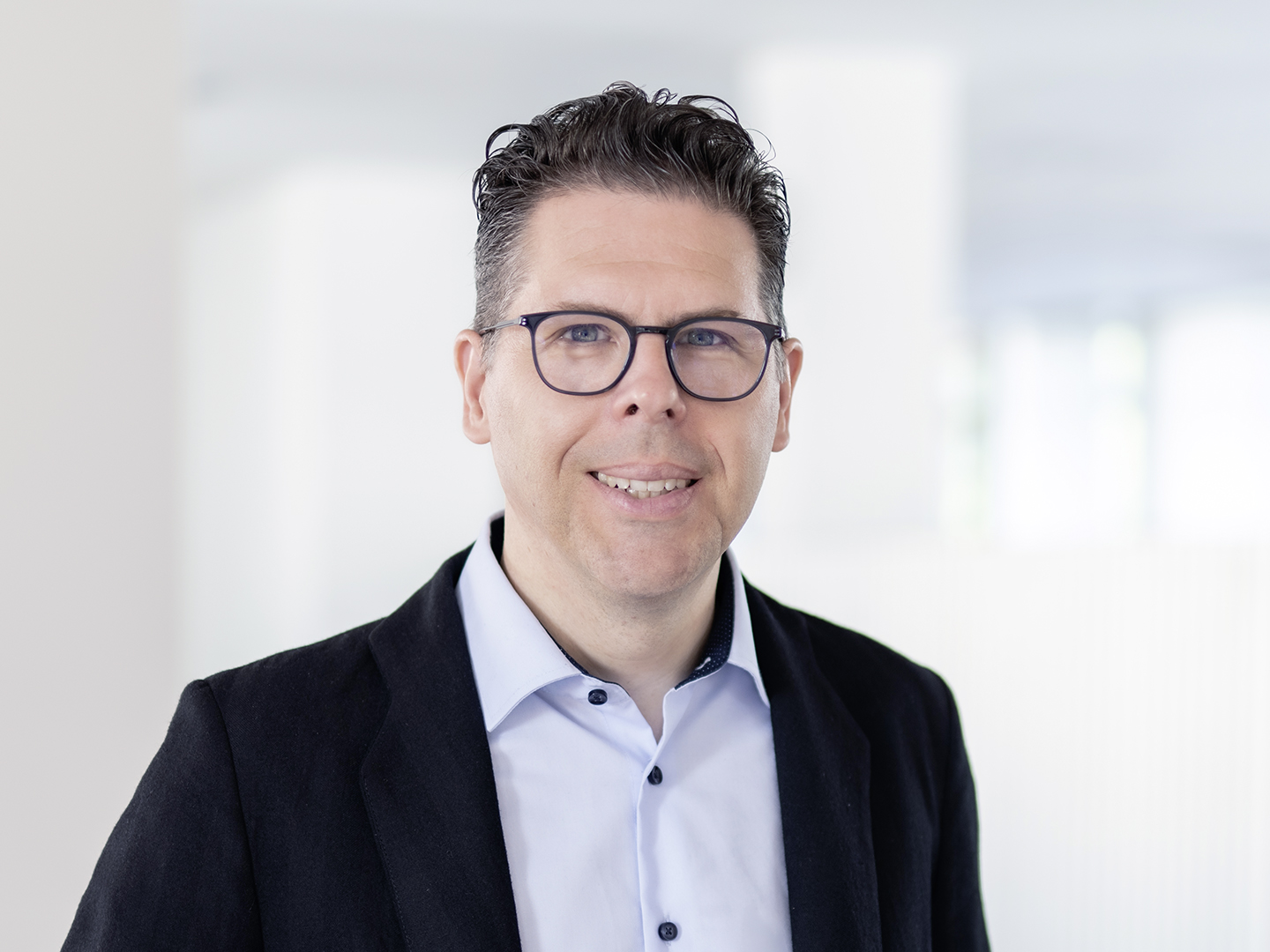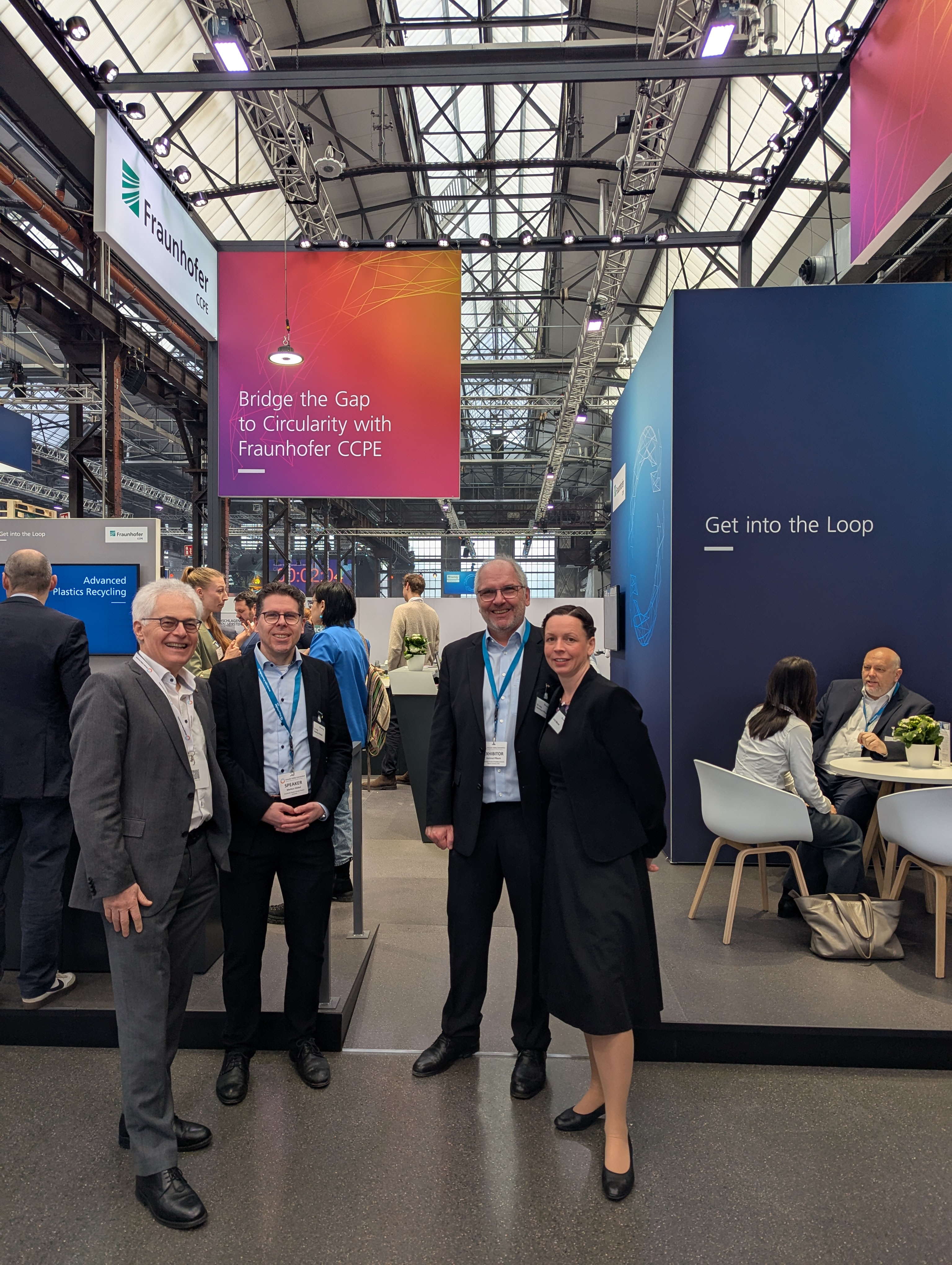Markus Hiebel is head of the research department “Circular Logistics and Sustainability” (together with Jan-Philip Kopka). The focus of his work is on sustainability assessments of products and processes, such as the calculation of greenhouse gas savings. He is currently working on the creation of sustainability strategies for industry partners due to high demand.
Which topics do you work on at Fraunhofer CCPE? What creative ideas are you currently pursuing in your field of research?
At Fraunhofer CCPE, I co-lead the research department “Circular Logistics and Sustainability” with Jan-Philip Kopka and work on the sustainability assessment of products and processes. Our work includes the automation of such assessments in order to save our customers and us work and effort.
Do you have a specific example of a project, and why is it interesting for industry/society?
Companies ask us to measure the environmental benefits of their products. This could be, for example, reducing a product's carbon footprint over its lifecycle. One specific example is the company Interzero, with which we have been working for over 10 years in the area of resource and greenhouse gas savings, and we carry out corresponding calculations for an ecological assessment.
Further information, figures and data on the project can be found at: https://www.interzero.de/en/sustainability/studies-and-certificates/resources-saved/
What has been your highlight at Fraunhofer CCPE so far?
Special highlights at Fraunhofer CCPE are certainly the trade fairs, such as the K or the Circular Valley Convention, where we present our results to a wider audience. A personal highlight for me were the previous cluster-internal networking meetings. These were very inspiring for me due to the diverse competencies and perspectives in the cluster.
What are your hopes for the future of Fraunhofer CCPE?
In my view, systemic solutions are important to avoid trade-offs, for example, unexpected and negative effects. For example, desired product properties can make recycling more difficult. We have to keep an eye on this through sustainability assessments and manage it.
How could Fraunhofer CCPE make the world a little better in the future?
It would be excellent if, through CCPE's work, plastic cycles could be closed in a high-quality manner and we could sensitize consumers, but also politicians, to the topic. This starts with sensible sorting behavior by consumers in households.
An exciting contribution on this topic can be found at: https://www.muelltrennung-wirkt.de/en/
Which invention in the field of the circular plastics economy do you personally hope for?
I would like to see a plastic that can be recycled an infinite number of times. In other words, plastics with properties like those of metals, which can be melted down practically any number of times without loss of quality. This probably remains a utopian ideal for polymers, but the cluster contributions are a step in the right direction.

